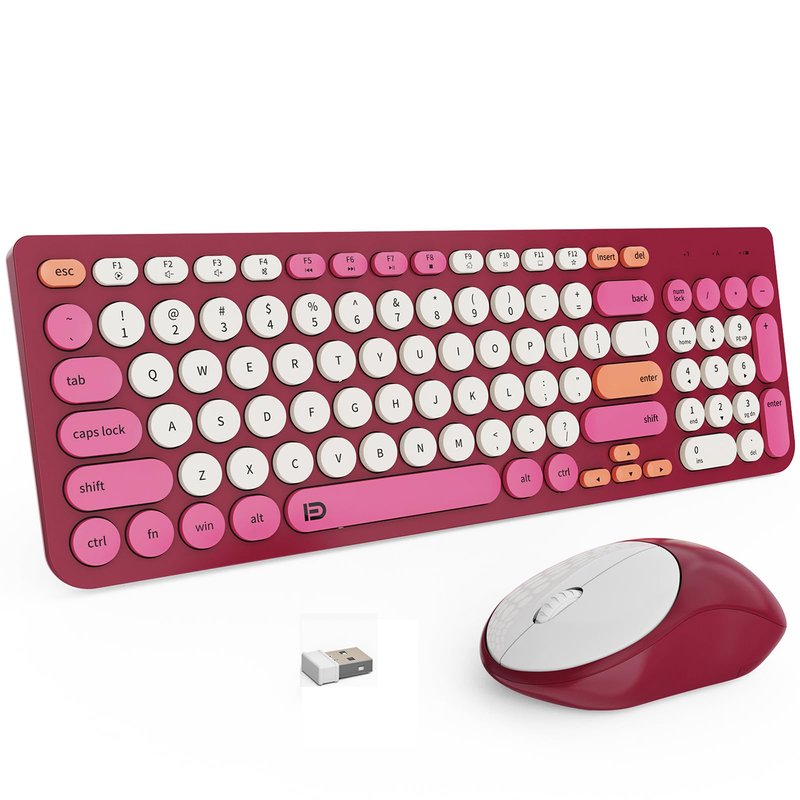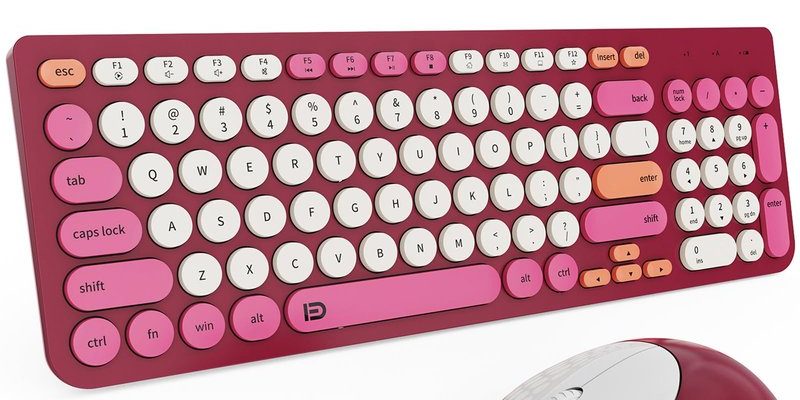
So, what exactly is a quiet keypad, and why are homeowners talking about it? These keypads don’t just function to open your garage door; they promise to do it with minimal noise. Brands like Chamberlain or LiftMaster have been tinkering with this concept to make life just a tad quieter. You might be wondering whether this upgrade is worth the investment. Let’s dive deeper into the pros and cons, and see if you should make the switch.
What Is A Quiet Keypad?
A quiet keypad is designed specifically to operate your garage door with minimal sound when you press a button. Unlike traditional keypads that can produce a loud click or beep, quiet keypads use advanced technology to reduce noise. They often incorporate softer key presses, and some even offer features that muffle the beep when the door opens or closes.
Imagine typing on a laptop with a “silent mode” versus typing on an old typewriter. It’s the same principle. A quiet keypad gives you that peace of mind, especially when you’re coming home late or leaving early. Brands have engineered these devices to ensure they trigger your garage door opener without reverberating through the house like a rock band rehearsal.
Benefits of Upgrading to a Quiet Keypad
You might be thinking: why fix something that isn’t broken? But upgrading to a quiet keypad offers several advantages:
- Peace and Quiet: The most obvious benefit is the lack of noise. This is perfect for families with young children or light sleepers.
- Modern Features: Many newer keypads come equipped with advanced features like backlighting, which make it easier to see in the dark.
- Long-lasting Battery: Most quiet keypads are optimized to use less power, meaning you won’t find yourself changing batteries as often.
- Enhanced Security: With newer technology, these keypads often have improved encryption, making it harder for intruders to hack your remote code.
Sometimes, it’s the little things that make a huge difference in your daily routine. A quiet keypad not only serves its primary function but also enhances your overall experience of using your garage door.
Considerations Before Upgrading
While the idea of a quiet keypad sounds enticing, there are some things to consider. First, is your existing keypad functioning just fine? If it is, the motivation to upgrade should be strong. You wouldn’t trade your reliable old van for a new model unless it really offered something substantial.
Second, think about compatibility. Not all quiet keypads work with every garage door opener. Many of today’s systems require specific models for effective pairing. Double-check the specifications and ensure that your new keypad will sync up smoothly. It’s a hassle to install something only to find out it doesn’t connect!
Lastly, consider the cost. Quiet keypads may come with a higher price tag. Are the benefits worth the investment? If you frequently use your garage and appreciate the silence, it might save you from annoying waking moments.
How to Install a Quiet Keypad
Switching over to a quiet keypad might sound daunting, but it can be a simple DIY project for many homeowners. Here’s a step-by-step breakdown:
1. Choose Your Keypad: Select a quiet keypad that is compatible with your garage door opener. Brands like Chamberlain or Genie often have great options.
2. Turn Off Power: Before you start tinkering, ensure your garage door opener is powered down to avoid any accidents.
3. Remove the Old Keypad: If you have an existing keypad, unscrew it carefully. Take note of the wiring, or snap a quick picture in case you need it later.
4. Wiring: Follow the manufacturer’s instructions to connect the new keypad. Most will have color-coded wires for easy setup.
5. Mounting: Secure the keypad to the wall. Typically, a few screws and your screwdriver will do the trick.
6. Power Up and Sync: Turn the power back on and follow the instructions to pair your keypad with the garage door opener. Many times, you’ll need to input a code or press a button to sync.
Don’t forget to test it out. Press a few buttons to see how quietly it operates. There’s nothing better than that moment when you realize you made the right choice.
Comparing Quiet Keypads to Traditional Keypads
To really understand the essence of a quiet keypad, let’s compare it to the traditional keypads many of us are used to. Traditional keypads might get the job done, but they often come with unwanted noise.
– Sound: Traditional keypads produce sharper, louder noises, while quiet keypads operate softly.
– User Experience: The tactile feedback of a traditional keypad can feel jarring compared to the gentle presses of a quiet keypad.
– Features: Newer quiet models frequently feature more advanced functionalities, such as backlit keys or weatherproofing for outdoor use.
– Battery Life: Quiet keypads tend to be more energy-efficient due to their design, meaning less frequent battery changes.
Ultimately, the choice between a quiet keypad and a traditional one boils down to personal preference. If you value noise reduction and innovative features, a quiet keypad could be more appealing.
Final Thoughts: Is It Worth It?
So, should you upgrade to a quiet keypad? Honestly, it comes down to your lifestyle and what matters most to you. If you’re frequently in and out of your garage or have family members who cherish their sleep, a quiet keypad could bring significant peace to your daily routine.
The combination of modern technology and thoughtful design can make a simple action—like opening a garage door—feel infinitely smoother. It’s the little joys in life, right? And with more brands focusing on creating quieter alternatives, it’s definitely worth considering.
Upgrading isn’t just about reducing noise—it’s a chance to embrace convenience and comfort in your everyday life. If you’ve weighed the pros and cons and found that quiet is what you crave, then a quiet keypad might just be the upgrade you didn’t know you needed. So go ahead, give it a try and enjoy a quieter, more serene experience every time you come home.
